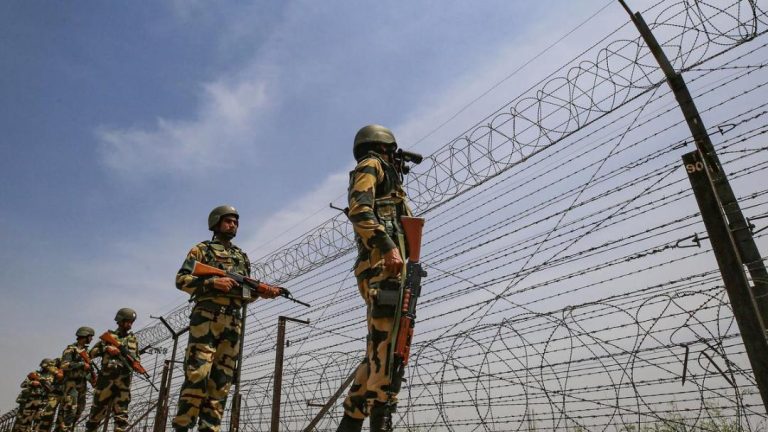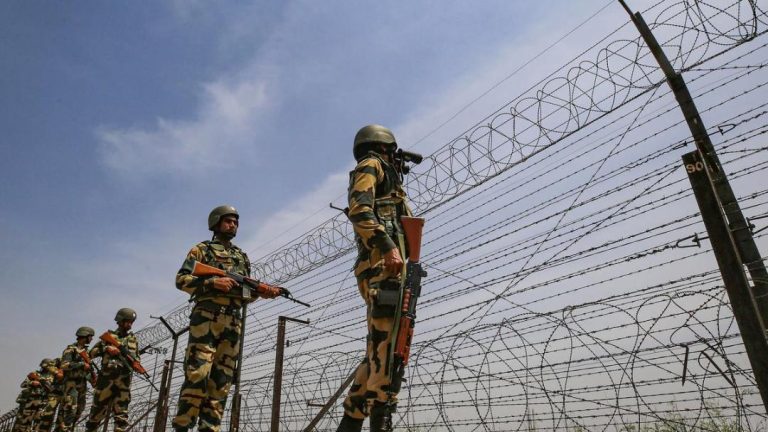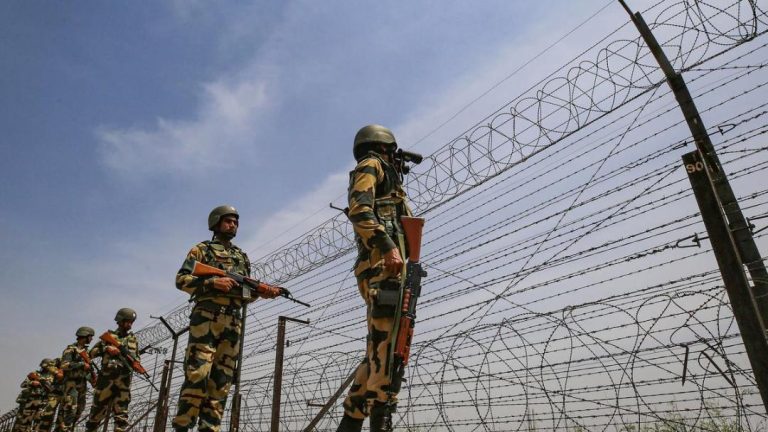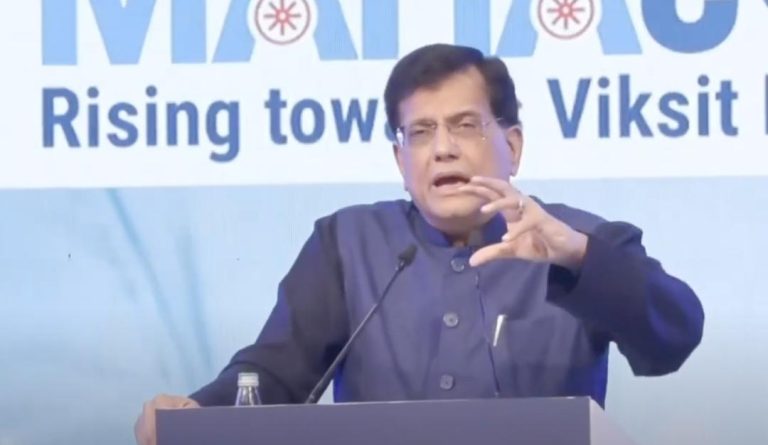
India Can’t Change Pak’s Fanatical Mindset, Even Indira Gandhi Couldn’t Do It: EAM
The ongoing tensions between India and Pakistan have been a pressing concern for the international community. From cross-border terrorism to diplomatic spats, the relationship between the two nations has been tumultuous, to say the least. In a recent statement, External Affairs Minister S Jaishankar shed light on the government’s stance on Pakistan, stating that it’s “impossible” to change the neighboring nation’s fanatical mindset, not even the legendary Indira Gandhi could have achieved it.
Jaishankar’s statement came in response to a query about whether India plans to take “tough action” like the stance of former PM Indira Gandhi against Pakistan. Indira Gandhi, known for her strong leadership and determination, had taken a firm stance against Pakistan during her tenure, particularly in the aftermath of the 1971 Bangladesh Liberation War. The question was whether the current government would follow a similar path.
However, Jaishankar’s response was unexpected. He stated that the government is “closely monitoring” the treatment of minorities in Pakistan, but emphasized that it’s “impossible” to change the nation’s fanatical mindset. He went on to say, “We as a government and a country can’t change…[Pakistan’s] fanatical and bigoted mindset…even Indira Gandhi couldn’t do it.”
Jaishankar’s statement has sparked widespread debate and discussion. Many have interpreted his words as a sign of resignation, and a lack of willingness to engage with Pakistan on the issue of terrorism and human rights. Others have seen it as a pragmatic acknowledgment of the reality of the situation – that Pakistan’s fanatical mindset is deeply ingrained and cannot be changed overnight.
It’s worth noting that India has been vocal about its concerns over Pakistan’s treatment of minorities, particularly the Hindu and Sikh communities. The country has repeatedly called out Pakistan for its human rights abuses, and has even suspended dialogue with the nation on several occasions.
Pakistan, on the other hand, has been accused of perpetuating terrorism and supporting terrorist groups, including those that have carried out attacks on Indian soil. The country has also been criticized for its blasphemy laws, which have led to the persecution and even murder of religious minorities.
In recent years, Pakistan has taken steps to improve its image on the international stage, including the release of Christian woman Asia Bibi from prison and the acquittal of a Hindu couple who were accused of blasphemy. However, these developments have been offset by the country’s continued support for terrorist groups and its anti-India rhetoric.
Jaishankar’s statement has also raised questions about the effectiveness of diplomatic efforts to engage with Pakistan. India and Pakistan have been locked in a cycle of conflict and hostility for decades, with both sides refusing to budge on key issues. The relationship has been marked by numerous breakdowns in dialogue, and even the brief periods of engagement have been marred by disagreements and mistrust.
In recent years, India has taken a more assertive stance, particularly under the leadership of Prime Minister Narendra Modi. The country has implemented a range of measures to counter Pakistan’s support for terrorism, including the use of military force and economic sanctions.
However, Jaishankar’s statement has highlighted the limitations of this approach. While India has been able to inflict significant damage on Pakistan’s economy and military capabilities, it has been unable to change the country’s fundamental mindset or behavior.
In conclusion, Jaishankar’s statement serves as a sobering reminder of the challenges that India faces in its relationship with Pakistan. While the country has taken significant steps to counter Pakistan’s support for terrorism and human rights abuses, it is clear that the fanatical mindset that drives these actions is deeply ingrained and cannot be changed overnight.
As India moves forward, it will be essential to continue engaging with Pakistan on key issues, while also recognizing the limitations of diplomacy and the need for a more nuanced approach. This may involve working with other countries to build international pressure on Pakistan, while also supporting initiatives that promote tolerance and understanding within the country.
Ultimately, the relationship between India and Pakistan is complex and multifaceted, and will require sustained effort and diplomacy to resolve. While Jaishankar’s statement may have been disappointing to some, it serves as a reminder of the need for pragmatism and realism in our approach to this critical issue.






